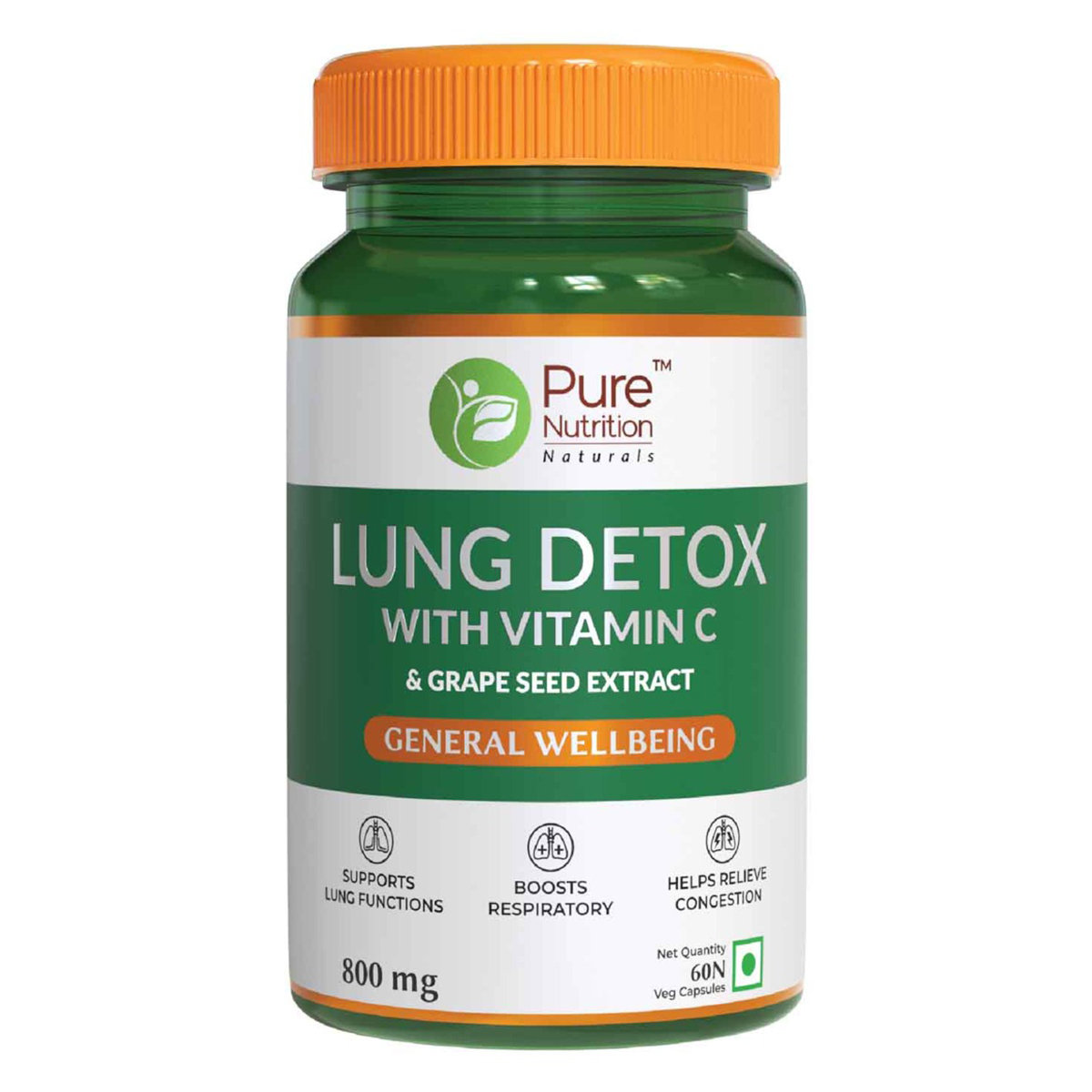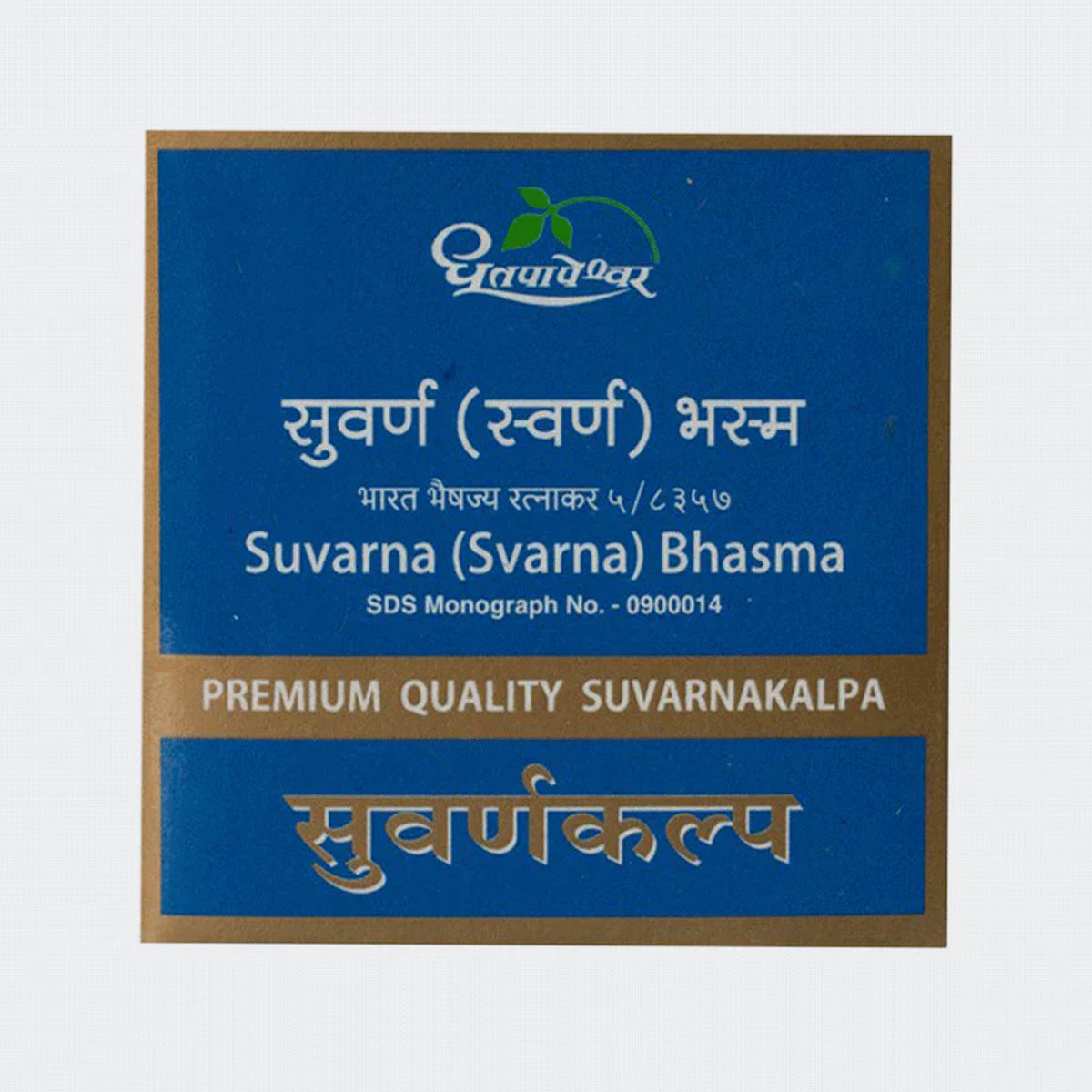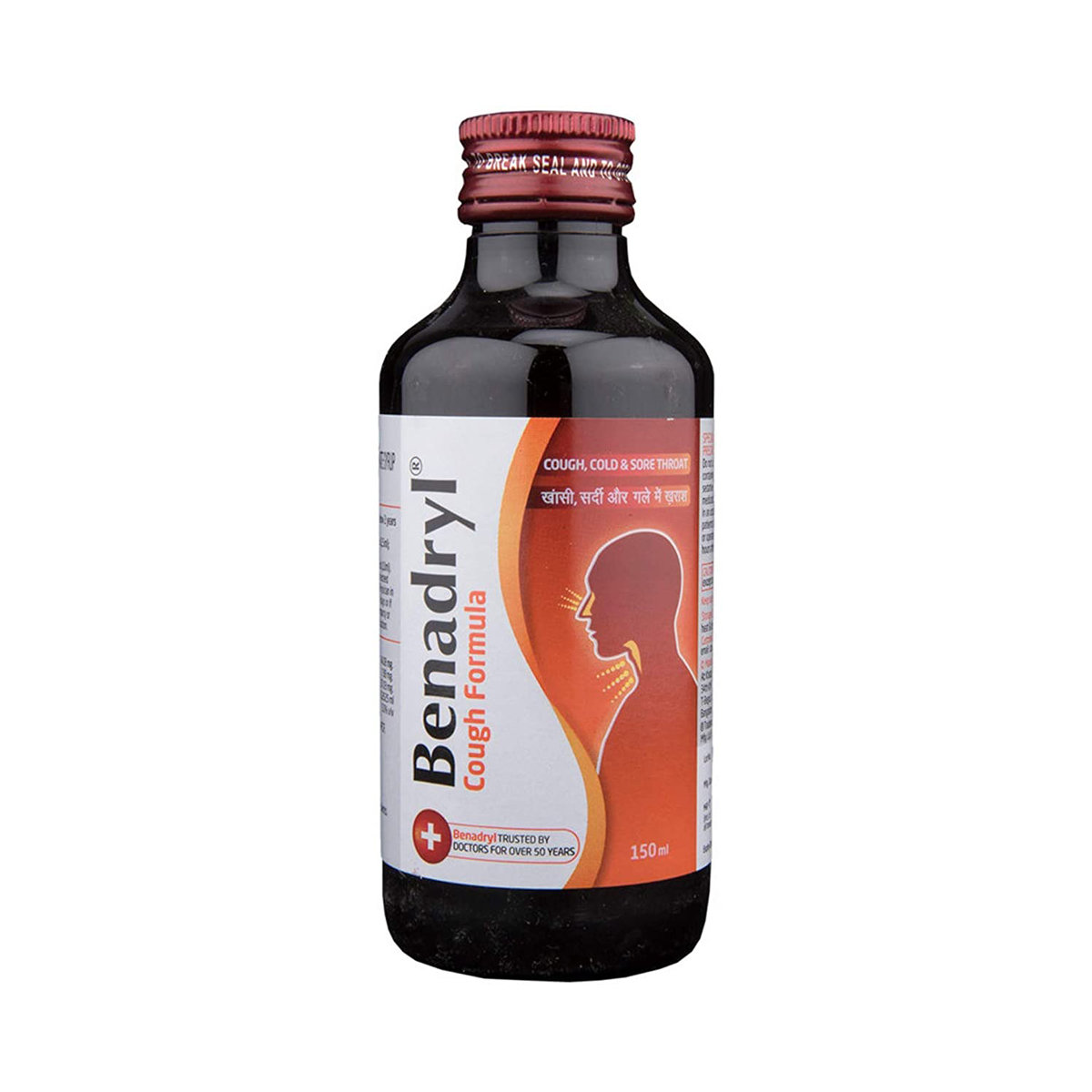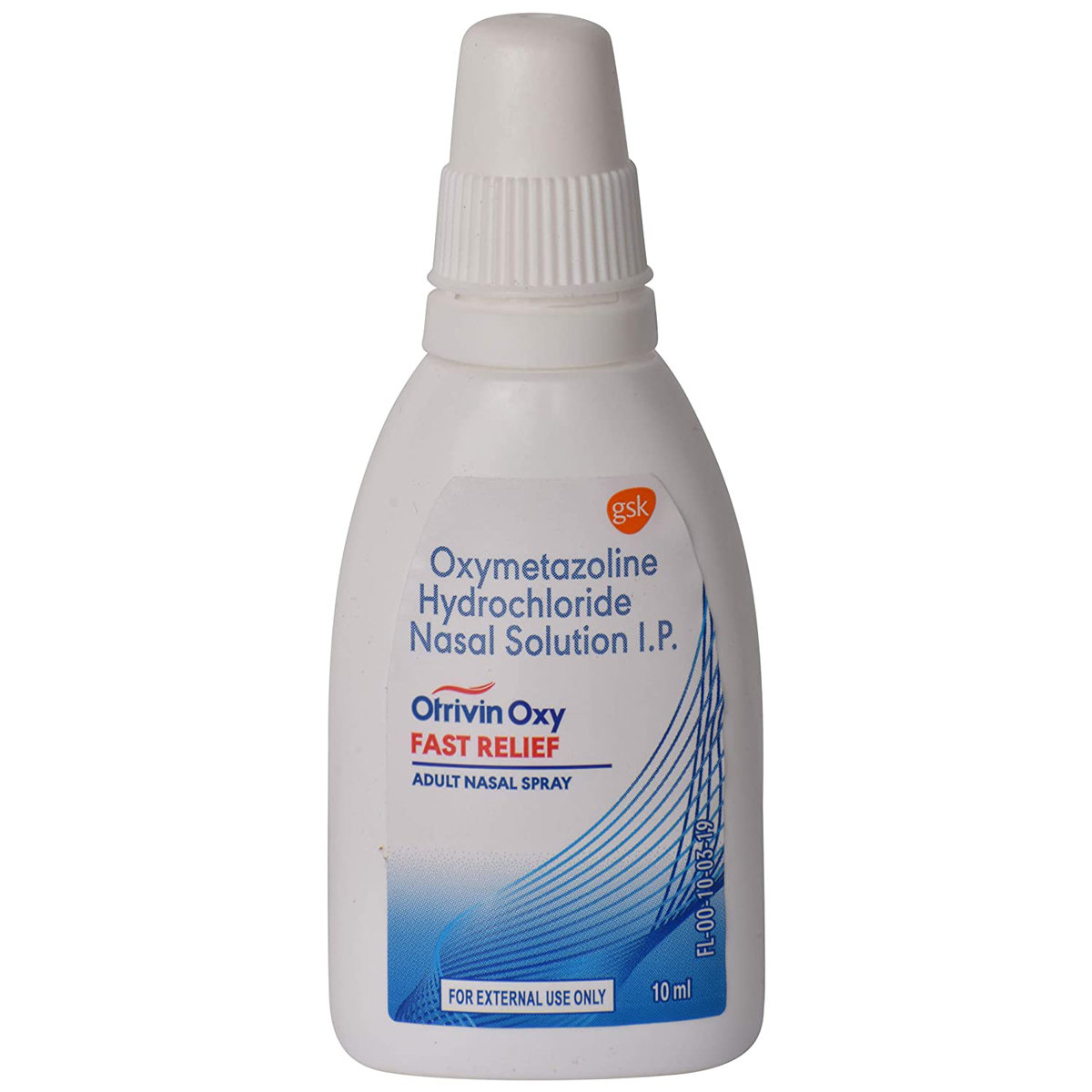Cheston Expectorant Raspberry SF
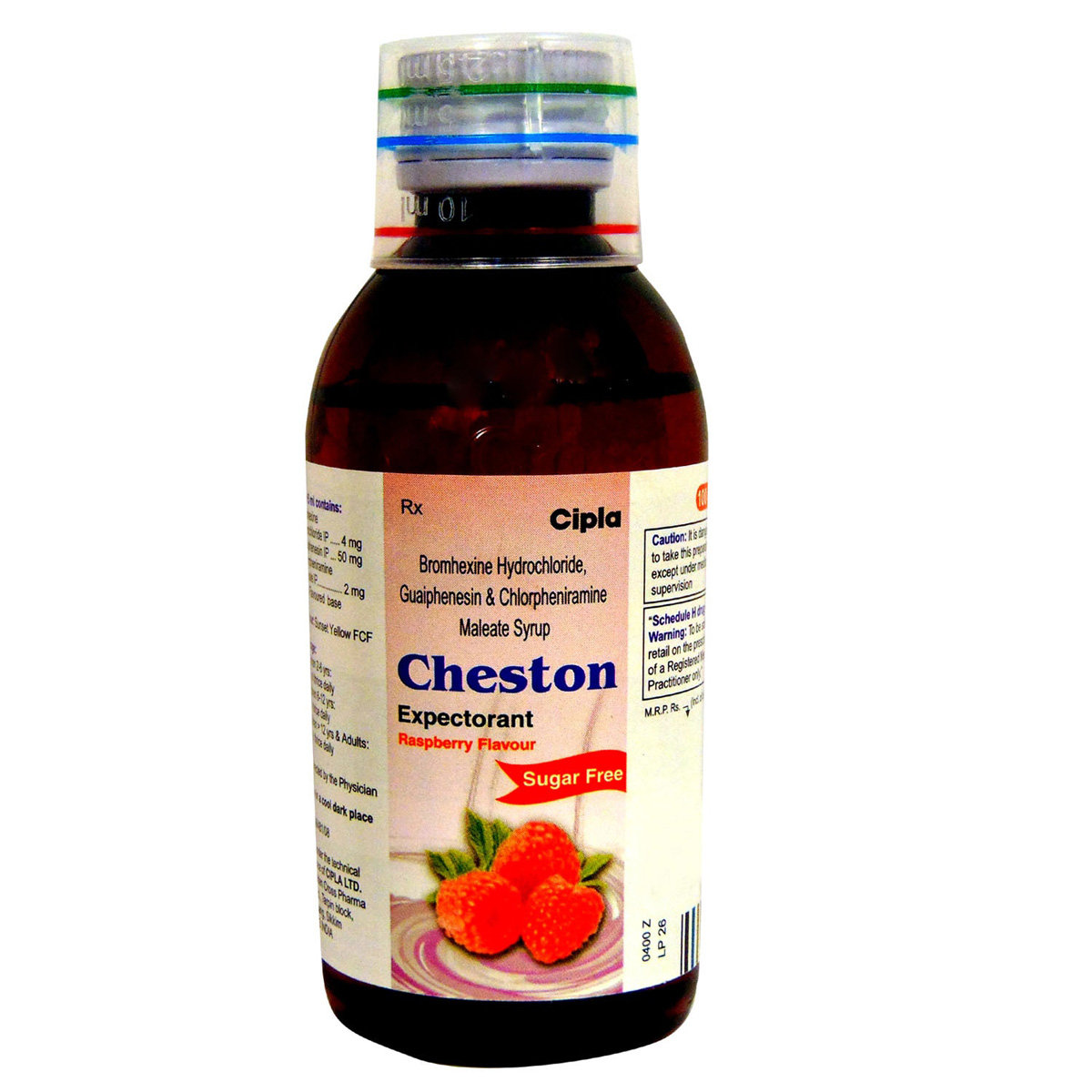
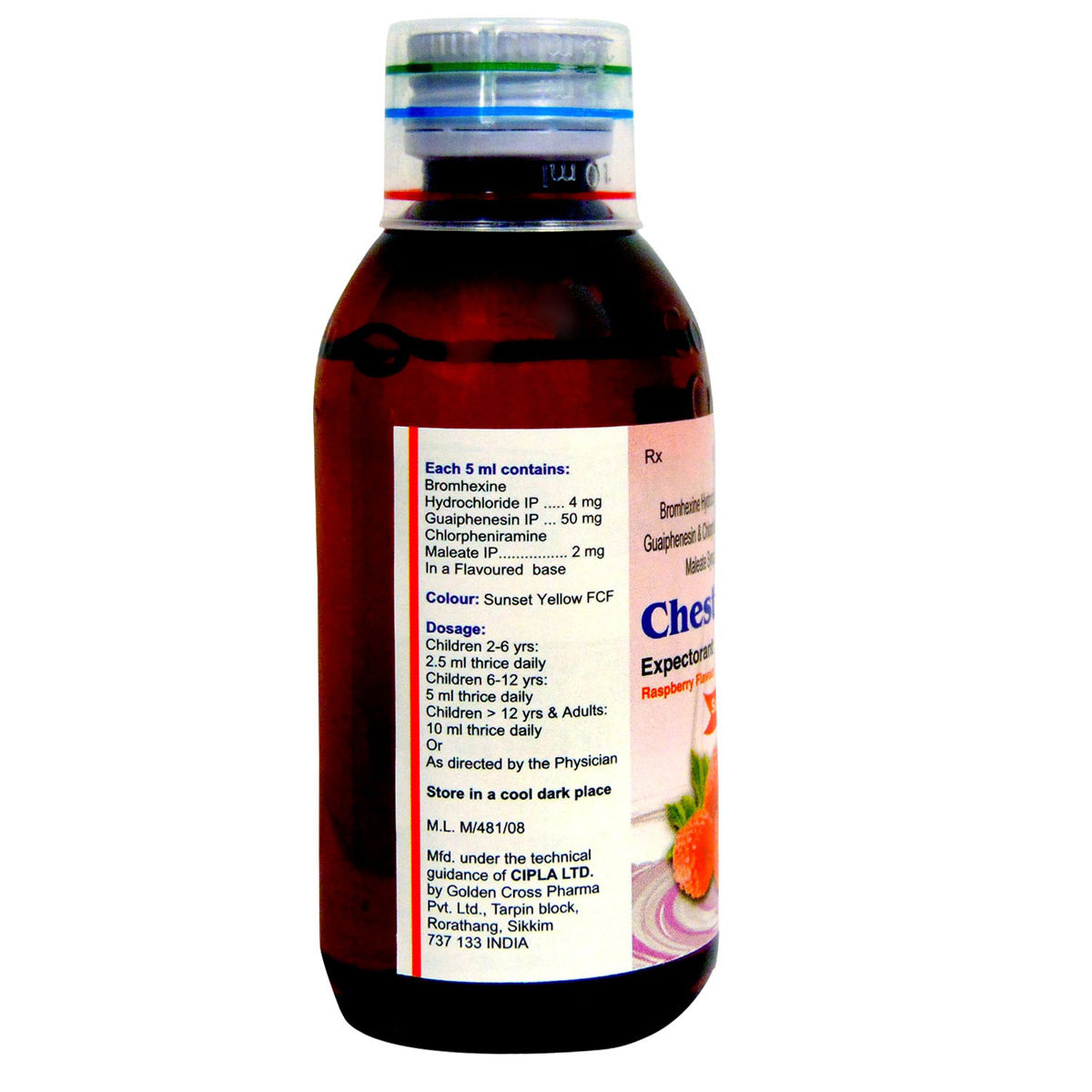
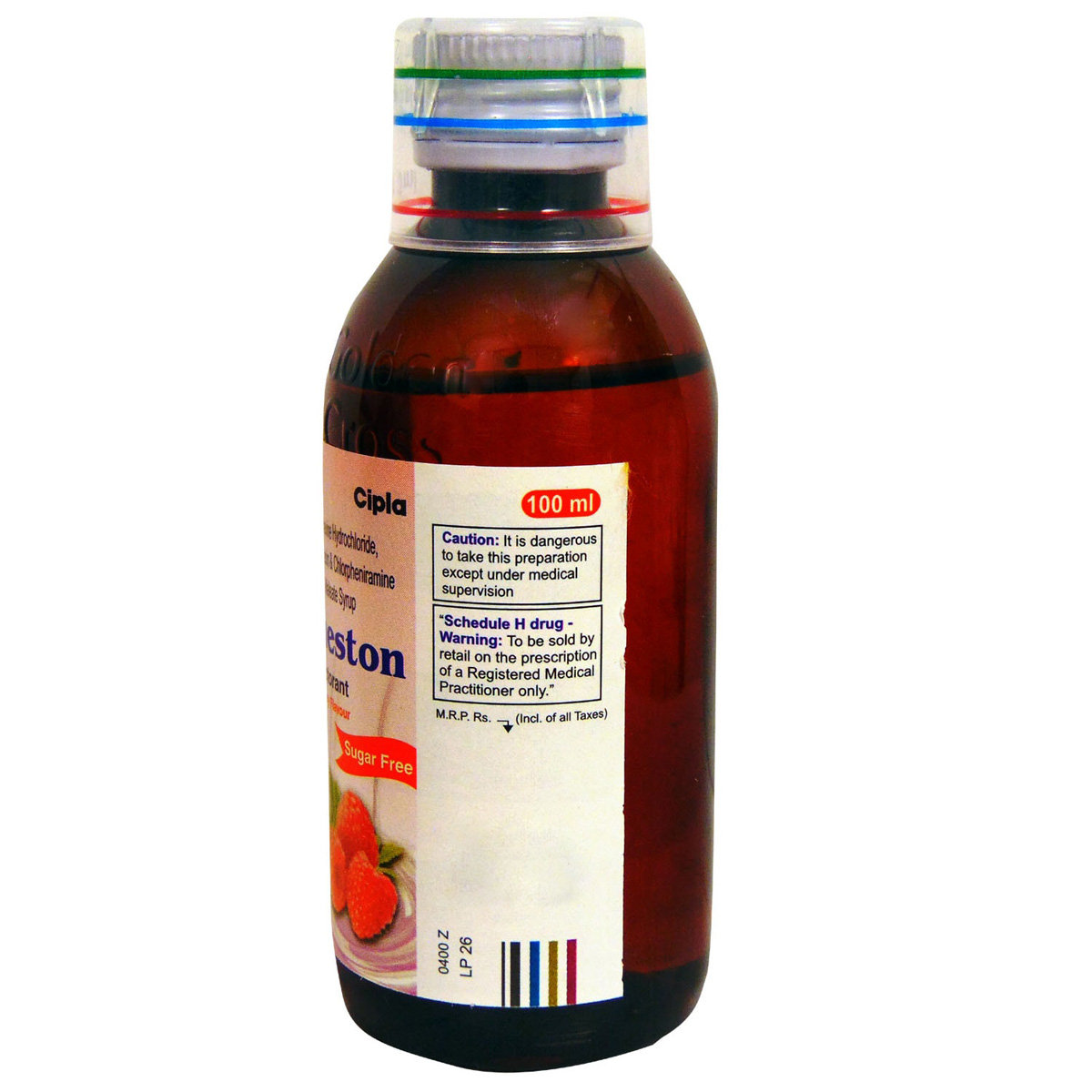
MRP ₹83.5
(Inclusive of all Taxes)
₹10.0 Cashback (12%)
know your delivery time
Provide Delivery Location
Composition :
Manufacturer/Marketer :
Consume Type :
Expires on or after :
Return Policy :

Secure Payment

Trusted by 8 Crore Indians

Genuine Products
Therapeutic Class
Country of origin
Manufacturer/Marketer address
FAQs
Disclaimer
Alcohol
Safe if prescribed
You are recommended not to consume alcohol along with Cheston Expectorant Raspberry SF to avoid excessive drowsiness.
Pregnancy
Consult your doctor
The safety of Cheston Expectorant Raspberry SF in pregnant women is unknown. Therefore, it is given to pregnant women only if the doctor thinks the benefits outweigh the risks.
Breast Feeding
Consult your doctor
It is unknown whether Cheston Expectorant Raspberry SF is excreted in human milk. Cheston Expectorant Raspberry SF is given to breastfeeding mothers only if the doctor thinks benefits are greater than risks.
Driving
Safe if prescribed
Cheston Expectorant Raspberry SF may cause dizziness or drowsiness in some people. Therefore, drive only if you are alert after taking Cheston Expectorant Raspberry SF .
Liver
Consult your doctor
Take Cheston Expectorant Raspberry SF with caution, especially if you have a history of Liver diseases/conditions. The dose may be adjusted by your doctor as required.
Kidney
Consult your doctor
Take Cheston Expectorant Raspberry SF with caution, especially if you have a history of kidney diseases/conditions. The dose may be adjusted by your doctor as required.
Children
Safe if prescribed
Cheston Expectorant Raspberry SF should be used with caution in children and only in doses as prescribed by a doctor.
About Cheston Expectorant Raspberry SF
Cheston Expectorant Raspberry SF belongs to the class of medicine called 'expectorant' primarily used to treat cough associated with mucus. Coughing (dry or productive) is a body’s way of clearing irritants (like allergens, mucus, or smoke) from airways, thereby preventing respiratory infection. There are two types of coughs, namely: Dry cough and Chesty cough. A dry cough may cause a tickling sensation in the back of the throat, and it doesn't produce any vicious or thick mucus, whereas a chesty cough means mucous or sputum is produced to help clear your airways.
Cheston Expectorant Raspberry SF is a combination of three drugs, namely Guaifenesin (expectorant), Chlorpheniramine (bronchodilator), and Bromhexine (mucolytic agent or cough thinner). Guaifenesin belongs to the class of expectorants that increase the volume of fluid in the airways, reduce the stickiness of mucus, and remove it from the airways. Chlorpheniramine is an antihistamine (anti-allergic drug) that works by blocking the action of histamine, a substance responsible for causing allergic reactions. Bromhexine belongs to the class of mucolytic agents (cough/sputum thinner) that works by thinning and loosening phlegm (mucus) in the lungs, windpipe, and nose. Thereby, it helps to cough out easily.
Your doctor will recommend how often you take Cheston Expectorant Raspberry SF based on your medical condition. Some people may experience nausea, vomiting, drowsiness, dry mouth, and blurred vision. Most of these side effects of Cheston Expectorant Raspberry SF do not require medical attention and gradually resolve over time. However, if the side effects persist or worsen, please consult your doctor.
If you are known to be allergic to Cheston Expectorant Raspberry SF or any other medicines, please tell your doctor. If you are pregnant or breastfeeding, it is advised to inform your doctor before taking Cheston Expectorant Raspberry SF . If you have hypertension, hyperthyroidism, please inform your doctor before taking Cheston Expectorant Raspberry SF . If you have diabetes, regular monitoring of blood sugar levels is recommended while taking Cheston Expectorant Raspberry SF . Do not take Cheston Expectorant Raspberry SF if you suffer from severe hypertension, severe coronary artery disease or if you are already taking medication used to treat depression called monoamine oxidase (MAO) inhibitor.
Uses of Cheston Expectorant Raspberry SF
Medicinal Benefits Mweb
Key Benefits
Cheston Expectorant Raspberry SF is a combination of three drugs, namely Guaifenesin, Chlorpheniramine, and Bromhexine, used to treat a cough with mucus. Guaifenesin belongs to the class of expectorants that works by increasing the volume of fluid in the airways, reduce the stickiness of mucus, and helps to remove it from airways. Chlorpheniramine is an anti-allergic that decreases symptoms of allergies like runny/stuffy nose, watery eyes, itchy throat/nasal passage, red eyes, etc. Bromhexine belongs to the class of mucolytic agents (cough/sputum thinner) that works by thinning and loosening phlegm (mucus) in the lungs, windpipe, and nose. Thereby, helps to cough out easily.
Directions for Use
Side Effects of Cheston Expectorant Raspberry SF
- Nausea
- Vomiting
- Drowsiness
- Headache
- Sweating
- Dry mouth
- Diarrhoea
- Stomach pain
- Blurred vision
Drug Warnings
If you are known to be allergic to Cheston Expectorant Raspberry SF or any other medicines, please tell your doctor. If you are pregnant or breastfeeding, it is advised to inform your doctor before using Cheston Expectorant Raspberry SF . If you have diabetes, regular monitoring of blood sugar levels is recommended while taking Cheston Expectorant Raspberry SF . Take Cheston Expectorant Raspberry SF with caution if you have a history of/suffer from gastric ulceration, fits, glaucoma, asthma, severe hypertension, prostatic enlargement, liver/renal disease, or severe cardiovascular disease, please inform your doctor before taking Cheston Expectorant Raspberry SF .
Drug-Drug Interactions
Drug-Drug Interactions
Login/Sign Up
Taking Cheston Expectorant Raspberry SF 100 ml and Potassium citrate (in tablet or capsule form) together can increase the risk of stomach ulcers, bleeding, and gastrointestinal injury.
How to manage the interaction:
Taking Cheston Expectorant Raspberry SF 100 ml with Potassium citrate is not recommended as it can lead to an interaction, it can be taken if prescribed by the doctor. However, if you experience any symptoms such as severe stomach pain, bloating, lightheadedness or dizziness, nausea, vomiting (especially with blood), decreased hunger, or dark, tarry stools, consult the doctor immediately. Do not discontinue any medications without a doctor's advice.
Taking Cheston Expectorant Raspberry SF 100 ml and Potassium chloride (in tablet or capsule form) together can increase the risk of stomach ulcers, bleeding, and gastrointestinal injury.
How to manage the interaction:
Taking Cheston Expectorant Raspberry SF 100 ml with Potassium chloride it not recommended as it can lead to an interaction, it can be taken if your doctor has prescribed it. However, if you experience any symptoms such as severe stomach pain, bloating, lightheadedness or dizziness, nausea, vomiting (especially with blood), decreased hunger, or dark, tarry stools, consult the doctor. Do not discontinue any medications without a doctor's advice.
Co-administration of Cheston Expectorant Raspberry SF 100 ml with Isocarboxazid can increase the risk of side effects.
How to manage the interaction:
Taking Cheston Expectorant Raspberry SF 100 ml with Isocarboxazid can result in an interaction, but it can be taken if your doctor has advised it. However, if you have any of these symptoms - dizziness, drowsiness, confusion, disorientation, memory problems, blurred vision, dry mouth, constipation, heat intolerance, flushing, decreased sweating, difficulty urinating, rapid heartbeat, - make sure to consult the doctor right away. Do not stop using any medications without talking to a doctor.
Taking Cheston Expectorant Raspberry SF 100 ml and Ethanol together may increases the risk of side effects.
How to manage the interaction:
Although taking Cheston Expectorant Raspberry SF 100 ml and Ethanol together can result in an interaction, it can be taken if your doctor has advised it. Avoid physical activities such as driving or operating machinery. Do not discontinue any medications without a doctor's advice.
Taking Cheston Expectorant Raspberry SF 100 ml with Idelalisib together can increase the levels of Cheston Expectorant Raspberry SF 100 ml which may lead to side effects.
How to manage the interaction:
Although taking Cheston Expectorant Raspberry SF 100 ml and Idelalisib together can cause an interaction, it can be taken if your doctor has suggested it. Do not discontinue any medications without consulting the doctor.
Taking Cheston Expectorant Raspberry SF 100 ml with Topiramate can increase the risk of side effects including high body temperatures and decreased sweating, sun stroke.
How to manage the interaction:
Although taking Cheston Expectorant Raspberry SF 100 ml and Topiramate together can result in an interaction, it can be taken if your doctor has advised it. During warm weather and when exercising, you should drink lots of fluids. If your sweating is less than usual or you have a fever, if you feel lightheaded or dizzy, consult a doctor. Avoid activities requiring mental attention such as driving or operating dangerous machinery. Do not discontinue any medications without a doctor's advice.
Co-administration of Cheston Expectorant Raspberry SF 100 ml with mexiletine may cause the side effects of mexiletine.
How to manage the interaction:
Although taking Cheston Expectorant Raspberry SF 100 ml and mexiletine together can possibly result in an interaction, it can be taken if your doctor has advised it. Do not discontinue any medications without consulting a doctor.
Taking Cheston Expectorant Raspberry SF 100 ml with Sodium oxybate can enhance the risk of side effects.
How to manage the interaction:
Co-administration of Cheston Expectorant Raspberry SF 100 ml with Sodium oxybate can possibly result in an interaction, but it can be taken if your doctor has advised it. However, if you experience- drowsiness, dizziness, lightheadedness, confusion, breathing difficulty, and impairment in thinking, judgment, and motor coordination, consult the doctor. You should take care when getting up from a sitting or lying posture, and avoid operating machinery, driving, or participating in any potentially dangerous activity requiring mental attention and motor coordination for at least six hours after taking sodium oxybate.
Taking Cheston Expectorant Raspberry SF 100 ml with Eluxadoline can increase the levels of both the medications, which may the risk of constipation and other stomach related problems.
How to manage the interaction:
There may be a possibility of interaction between Cheston Expectorant Raspberry SF 100 ml and Eluxadoline, but it can be taken if prescribed by a doctor. Do not stop using any medications without talking to a doctor.
Co-administration of Cheston Expectorant Raspberry SF 100 ml with Ketamine can increase the risk of side effects.
How to manage the interaction:
Taking Cheston Expectorant Raspberry SF 100 ml and Ketamine together can result in an interaction, it can be taken if your doctor has advised it. However, contact a doctor immediately if you experience any symptoms such as dizziness, drowsiness, confusion, difficulty concentrating, and breathing difficulty. Avoid activities requiring mental focus such as driving, operating dangerous machinery. Do not discontinue any medications without a doctor's advice.
Drug-Food Interactions
Drug-Food Interactions
Login/Sign Up
Drug-Diseases Interactions
Drug-Diseases Interactions
Login/Sign Up
Habit Forming
Special Advise
- Regular monitoring of blood sugar levels is recommended while taking Cheston Expectorant Raspberry SF if you have diabetes.
- Avoid alcohol consumption with Cheston Expectorant Raspberry SF as it may cause tiredness, drowsiness, or lack of concentration.
- Do not take Cheston Expectorant Raspberry SF if you have taken any MAO inhibitor (anti-depressant medication) in the past 14 days.
- Special care should be taken when giving Cheston Expectorant Raspberry SF to elderly people and children as they are more prone to developing neurological anticholinergic effects such as drowsiness, hallucinations, etc.
- Talk to your doctor if your symptoms do not go away within 5 days of treatment.
Diet & Lifestyle Advise
- Avoid dairy products such as milk as they may increase mucus production. Also, avoid processed or refined foods to have relief from cough. Instead, replace baked foods, fried foods, white bread, white pasta, French fries, sugary desserts, and chips with green leafy vegetables.
- Drink plenty of fluids to avoid dry throat while you have a cough and loosen mucus.
- Avoid citrus fruits as they may worsen the cough. Eat fruits that are rich in water content, such as pears, watermelon, peaches, and pineapples.
- Gargle with salt water for relief from sore throat.
All Substitutes & Brand Comparisons

Have a query?
Buy best Respiratory System products by
Cipla Ltd
Lupin Ltd
Glenmark Pharmaceuticals Ltd
Sun Pharmaceutical Industries Ltd
Alkem Laboratories Ltd
Macleods Pharmaceuticals Ltd
Mankind Pharma Pvt Ltd
Zydus Healthcare Ltd
Leeford Healthcare Ltd
Dr Reddy's Laboratories Ltd
Zydus Cadila
Abbott India Ltd
Intas Pharmaceuticals Ltd
Alembic Pharmaceuticals Ltd
German Remedies Ltd
Centaur Pharmaceuticals Pvt Ltd
Ipca Laboratories Ltd
Aristo Pharmaceuticals Pvt Ltd
Pristine Pearl Pharma Pvt Ltd
Wockhardt Ltd
GlaxoSmithKline Pharmaceuticals Ltd
Zuventus Healthcare Ltd
Koye Pharmaceuticals Pvt Ltd
Micro Labs Ltd
Blue Cross Laboratories Pvt Ltd
Medishri Healthcare Pvt Ltd
Med Manor Organics Pvt Ltd
Indiabulls Pharmaceuticals Pvt Ltd
Adonis Laboratories Pvt Ltd
FDC Ltd
Fourrts India Laboratories Pvt Ltd
Tablets India Ltd
J B Chemicals & Pharmaceuticals Ltd
Shreya Life Sciences Pvt Ltd
Divine Savior Pvt Ltd
Indoco Remedies Ltd
Seagull Pharmaceutical Pvt Ltd
Yash Pharma Laboratories Pvt Ltd
Torque Pharmaceuticals Pvt Ltd
Uniza Healthcare Llp
Wings Pharmacuticals Pvt Ltd
Biological E Ltd
Corona Remedies Pvt Ltd
Icarus Health Care Pvt Ltd
Steris Healthcare
Apex Laboratories Pvt Ltd
Geno Pharmaceuticals Pvt Ltd
Navil Laboratories Pvt Ltd
Precept Pharma
Aar Ess Remedies Pvt Ltd
La Renon Healthcare Pvt Ltd
Torrent Pharmaceuticals Ltd
Astra Zeneca Pharma India Ltd
Biochem Pharmaceutical Industries Ltd
Comed Chemicals Ltd
Entod Pharmaceuticals Ltd
Franco Indian Pharmaceuticals Pvt Ltd
Healthgate Pvt Ltd
Intra Life Pvt Ltd
Megma Healthcare Pvt Ltd
Pfizer Ltd
RPG Life Sciences Ltd
Unipark Biotech Pvt Ltd
Votary Laboratories (India) Ltd
Wanbury Ltd
Brinton Pharmaceuticals Ltd
Dolvis Bio Pharma Pvt Ltd
Eisen Pharmaceutical Co Pvt Ltd
Group Pharmaceuticals Ltd
Knoll Pharmaceuticals Ltd
Morepen Laboratories Ltd
Panacea Biotec Ltd
Prevego Healthcare & Research Pvt Ltd
Rnd Laboratories Pvt Ltd
Sanatra Healthcare Ltd
Skn Organics Pvt Ltd
Stedman Pharmaceuticals Pvt Ltd
Thuyam Life Pvt Ltd
Timon Pharmaceuticals Pvt Ltd
Aglowmed Pharmaceuticals Ltd
Ajanta Pharma Ltd
Alniche Life Sciences Pvt Ltd
Bio Warriors Pharmaceucticals Pvt Ltd
Biochemix Health Care Pvt Ltd
Cadila Healthcare Ltd
Cadila Pharmaceuticals Ltd
Caplet India Pvt Ltd
Chemo Healthcare Pvt Ltd
Delcure Life Sciences Ltd
East West Pharma India Pvt Ltd
Elder Pharmaceuticals Ltd
Embiotic Laboratories (P) Ltd
Emcee Pharmaceuticals (P) Ltd
Foregen Healthcare Ltd
Hetero Healthcare Pvt Ltd
Incite Pharmaceuticals
Iva Healthcare Pvt Ltd
Kepler Healthcare Pvt Ltd
Kristal Pharmaceuticals
Lincoln Pharmaceuticals Ltd
Frequently Bought Together
Customers Also Bought


